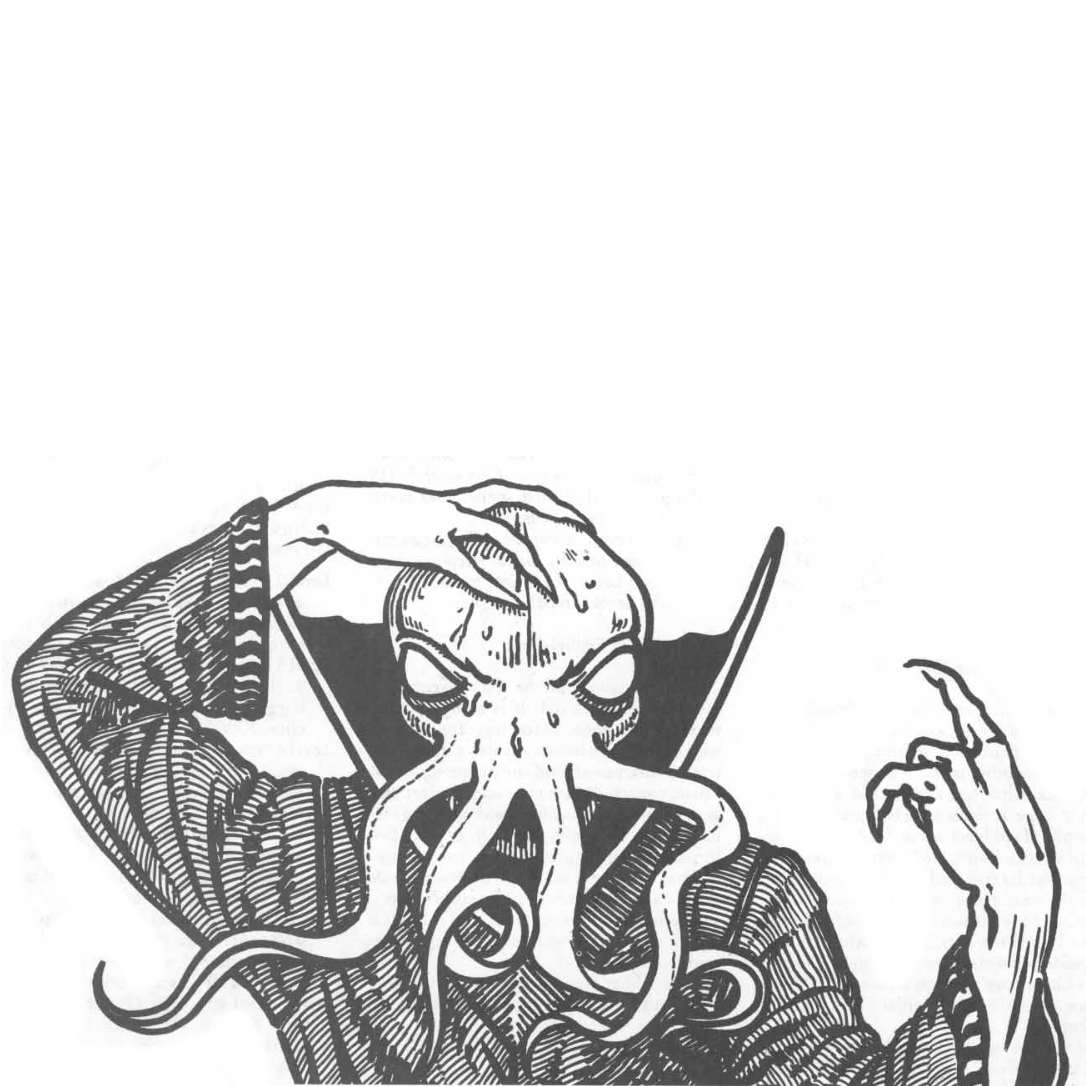From my experience: if you are DMing a game, don’t be afraid to accelerate the pacing faster than what you think the system recommends. Part of what kills interest in a game is if the players feel like they aren’t making progress and nothing is happening week to week.
Do milestone levels, give a level after each “chapter” of your game, and have a chapter take 2, 3 sessions max.
Our group did a two-part Microscope-like after a “season” of 14 sessions to wrap up a ton of loose ends and set up the next season. It was super satisfying to zoom in on only what the players wanted to see and resolve.
Our first session of January is going to be another Microscope session too, we’ve got a giant pointcrawl to backtrack and see the fallout of our action or inaction.
As DM, here’s my advice: when starting a new campaign/table, and you’re recruiting your players, be very upfront about a set schedule. “We will meet every Friday night at 9pm provided I have between three and six available players. Anyone joining this table should have this time available on a regular basis to be considered.” And you’ll get through a few years without issues before people’s lives change their schedules too much.
I’ve played 2 campaigns that went from 1 to 20, both became a chore late game just trying to keep track of all the items and threads. IMO, a game should stay bound to 2 tiers at most (the tiers being 1-4, 5-10, 11-16, and 17-20), going from peasant to world ender is just too much baggage. Maybe 3 tiers if you do want a complex and difficult to manage, but still possible to manage end game.
Extra credit here being that you are a shit load more likely to actually complete the story you want to tell
I’ve actually had this except it was 1.5 years and not 4. Great great times with some fucking insane people… I mean one of them was a halfling who was missing his legs so two brooms were strapped to the bottom of his stumps like a set of skis, giving him 0 walk speed but 25 flight speed. The rest of them were not much better.
Holly shit, that’s badass
I just like starting at level 20 and using the epic level handbook because I love planar exploration, and the lore of the game generally requires being massively powerful to do shit like that or even explore space (which is way cooler than space IRL).
So many other DMs I talk to don’t even want to deal with groups above level 12 or 13 because they get too powerful and they start having trouble balancing things against all the options the party has available to them.
Which edition are you playing? From what I can find, the Epic Level Handbook was 3e.
For people playing 5e, yeah, the game just breaks down around level 13-15. One of the funny things is that WotC has clearly recognized this is a problem, because they’ve implemented a solution… which is to just not publish high-level material. They just gave up on it.
3/3.5e is the only one with epic leveling that I’m aware of. Even back before 4e, it was pretty common to not go very far above level 12 or 13. I’ve seen articles in Dungeon magazine that discuss this problem as far back as AD&D. That’s where we get things like Tucker’s Kobolds.
Yeah, that’s what I was wondering. Most of the criticisms of high-level play come from 5e players, which is fair, since it’s pretty much not supported. But I also remember the high-level books from my 3e days!
I haven’t had personal experience with it, but I know BECMI D&D supported it. I think the lower tiers (Basic and Expert) are more popular than the latter (Companion, Master, Immortal), but still.
If it were me, I’d find it easier to change the lore so you can do planar exploration at lower levels than to deal with all the mechanics and balancing of level 20 characters
I’ve been a lurker for years and I’ve wanted to get started but it seems like a lot to learn on top of finding 3 others that have already learned or are willing to learn all of it
It’s not actually that much to learn when you realize that the core rules are pretty simple, and all of the rules are pretty much just suggestions to help you wing it.
I’ve brought players into my games before who know literally nothing about it and they just figure it out on the fly.
DMing is a little more demanding, but it’s the same deal: You just need to know the basics, and then you mostly wing it.
It’s not really that hard if you’re actually passionate and interested in it. There’s lots of resources out there for finding groups. And especially now, if you’re willing to play online using a virtual tabletop, it’s easier than ever.
It’s actually not that hard! There’s only a handful of core rules to know for every session and the rest you can learn as you go.
Attacks and spell attacks: 1d20+prof (proficiency bonus)+ability+special bonuses (items, buffs, etc)
Ability checks: 1d20+ability. If it’s a skill check you have proficiency in, add +prof.
Saving throws: 1d20+ability, +prof if you’re proficient in that saving throw.
Note: all of these bonuses are summed up on your character sheet under your spellcasting page, your weapons, skill lists and saving throw lists.In encounters you can do the following: Action (extra attack included in 1 action), Bonus Action, Reaction, Movement, Item Interaction, and any number of Free Actions.
DCs for figuring out how hard something easy:
5: very easy, most people can do this most of the time
10: easy, people trained can reliably do this
15: medium, decent odds if skilled
20: hard, rare success unless very skilled
25: very hard, rare success even with highly skilled
30: nearly impossible, heroic aptitude still fails most of the time
35: godly, the highest DC likely to see. impossible without epic amounts of skill and even then very unlikely. even demigods may failD&D is hard. Sure the core of it is straight forward but then things start to add up. It is a game that wants you to care about minutia. How far travelled, distance between two points, the height of dungeons ceilings, how long passed since that spell was cast, how much you ate yesterday. And it wants you to arbitrate spell interactions, players weird schemes and prepare a lot of stuff. Also it wants you to actually run the narrative. Some love this difficulty, find the intricacies challenging and desire to master it all.
The good news is that the behemoth of D&D isn’t alone out there. Really lots of good stuff can be found. First problem is knowing what one want to find. Second is finding others that have similar taste to you. But it is doable and a good thing to do is ask for help. Because if it is something we like here it is to talk about ttrpgs. Getting us to shut up… better ask santa for a dragon.
I got to level 17 before my friend group dissolved.
Yep same. 2.5 years. It was a blast. Some of the best times with my friends ive had.
Silver
That little girl be actin’ hella sus
I’ve been on one campaign for Like 4 years and we’re level… 10? it’s the DM and 5 players, initially 4










